On behalf of the organized committee, we are highly pleased to announce that the following special sessions have been approved to be presented at ECTI-CON 2025.

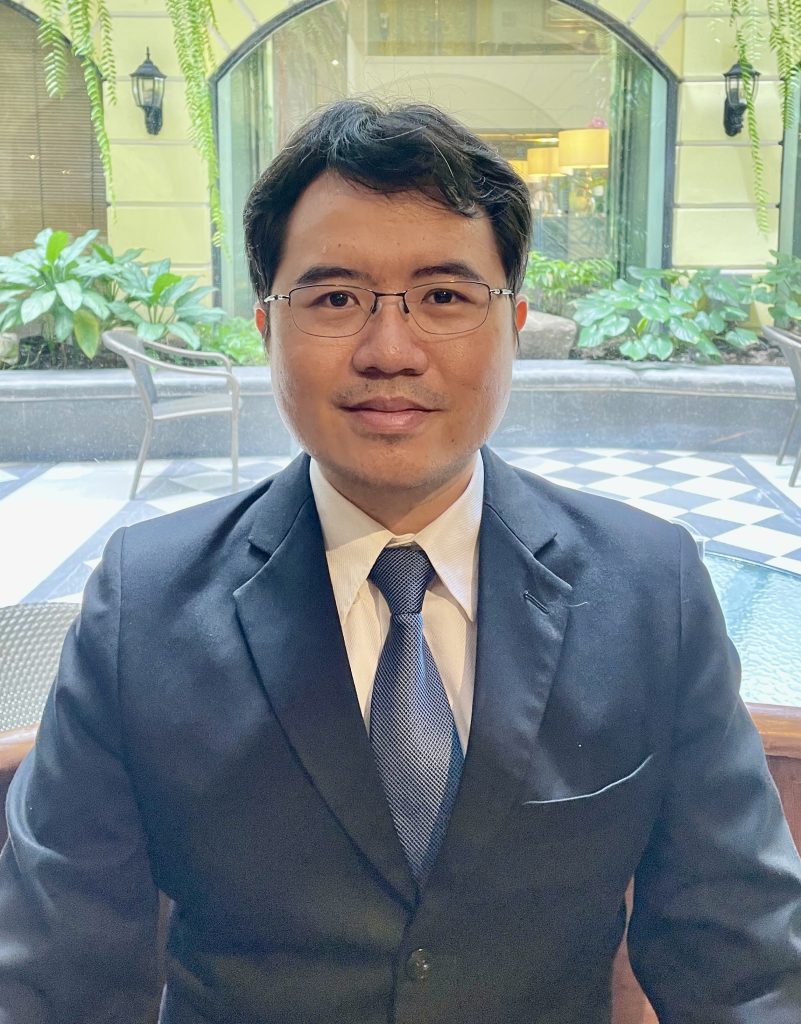
Session Title: Advances in Artificial Intelligence and Quantum Technologies
Session Organizers: Prof. Dr. Prabhas Chongstitvatana, Chulalongkorn University
Assist. Prof. Dr. Pittipol Kantavat, Chulalongkorn University
Description: This session provides an overview of recent advancements in Artificial Intelligence (AI) and Quantum Computing, two fields shaping the future of technology. In the AI segment, we’ll discuss breakthroughs in machine learning, deep learning, and their expanding applications across industries. The Quantum Computing portion will introduce core concepts like qubits and entanglement, and explore how quantum systems could revolutionize data processing, cryptography, and problem-solving. Join us to understand these powerful technologies individually and consider their potential to complement each other in driving innovation.
Session Title: Frontiers in Intelligent Computing and Smart Systems
Session Organizers: Prof. Dr. Chia-Ho (Mark) Ou, National Pingtung University, Taiwan
Assoc. Prof. Dr. Wen-Chih Chang, National Pingtung University, Taiwan
Description: This session delves into the latest innovations in Intelligent Computing and the development of Smart Systems, showcasing how cutting-edge computational techniques are transforming industries and enhancing human life. Topics will cover advancements in machine learning, optimization algorithms, and edge computing, along with their applications in areas like smart healthcare, autonomous systems, and sustainable urban development. We’ll also explore the integration of intelligent computing with Internet of Things (IoT) and discuss how emerging technologies, such as quantum-inspired optimization and hybrid AI systems, are shaping the future of smart solutions. Attendees will gain insights into both theoretical advancements and practical implementations, emphasizing the interdisciplinary potential of intelligent computing to address complex global challenges.

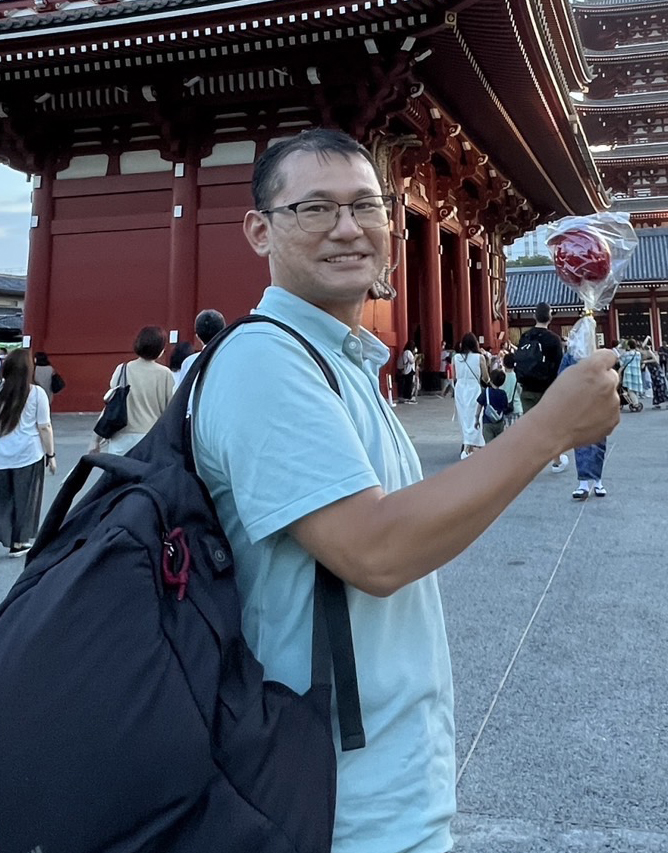
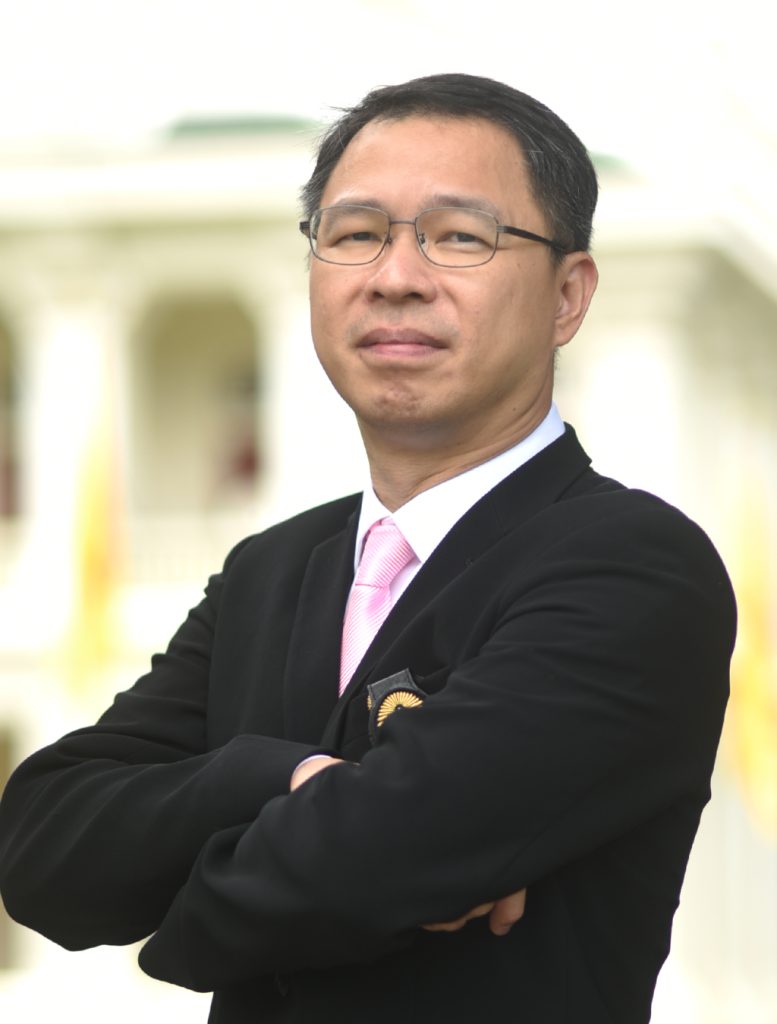
Session Title: Technology for Sustainable Agriculture
Session Organizers: Assoc. Prof. Dr. Suwit Kiravittaya, Chulalongkorn University
Description: This Special Session will explore the pivotal role of advanced technologies in fostering sustainable agricultural practices. We invite researchers to present innovative solutions leveraging electrical engineering, electronics, computer science, and telecommunications to address critical challenges in agriculture, including precision farming, resource management (water, energy, fertilizer), crop monitoring and yield prediction, livestock management, and food safety. Contributions may encompass areas such as IoT-enabled smart farms, AI-powered agricultural systems, robotics and automation in agriculture, renewable energy integration, big data analytics for agriculture, and communication technologies for rural communities.
Session Title: ECTI-SICE Advances in Control Engineering and Applications
Session Organizers: Prof. Dr. Kou Yamada, Gunma University, Japan
Assist. Prof. Dr.-Ing. Sudchai Boonto, King Mongkut’s University of Technology Thonburi, Thailand
Description: This organized session aims to promote the exchange of ideas among SICE and ECTI researchers on the latest trends in algorithmic advances and applications of control theories, machine learning, AI, and intelligent control in engineering applications, system analysis, and identification of complex dynamical systems, control design of dynamical systems, hardware and software implementation, system integration of automation systems, efficient operation and effective maintenance, performance monitoring and verification systems, and other related topics are covered.
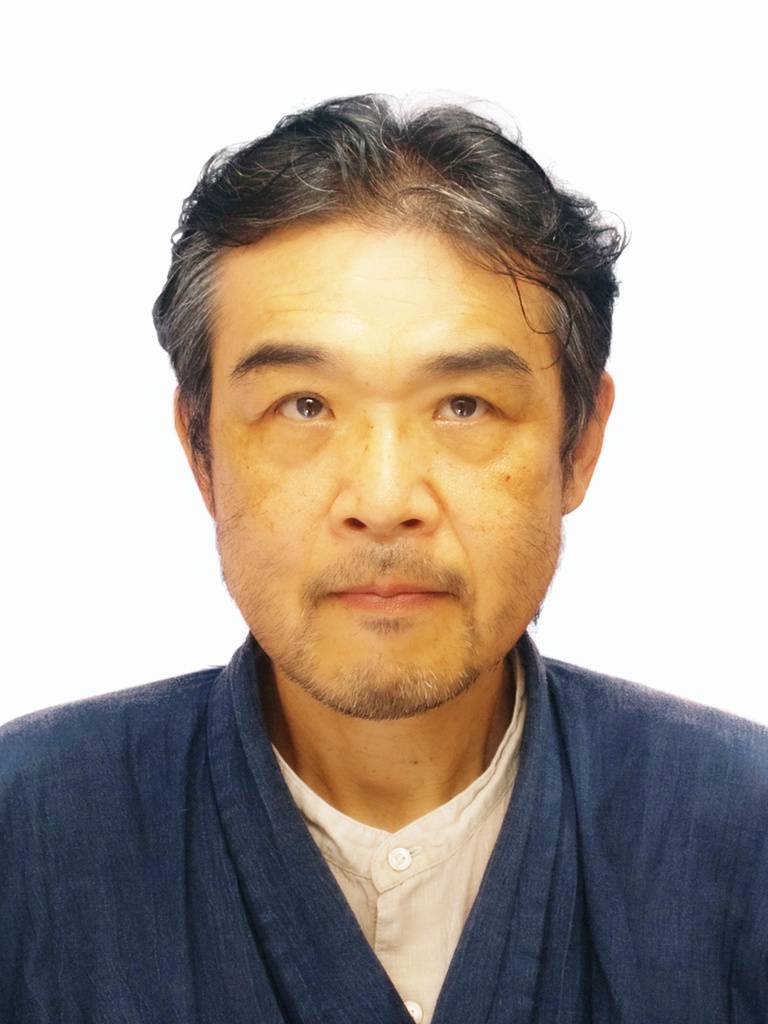
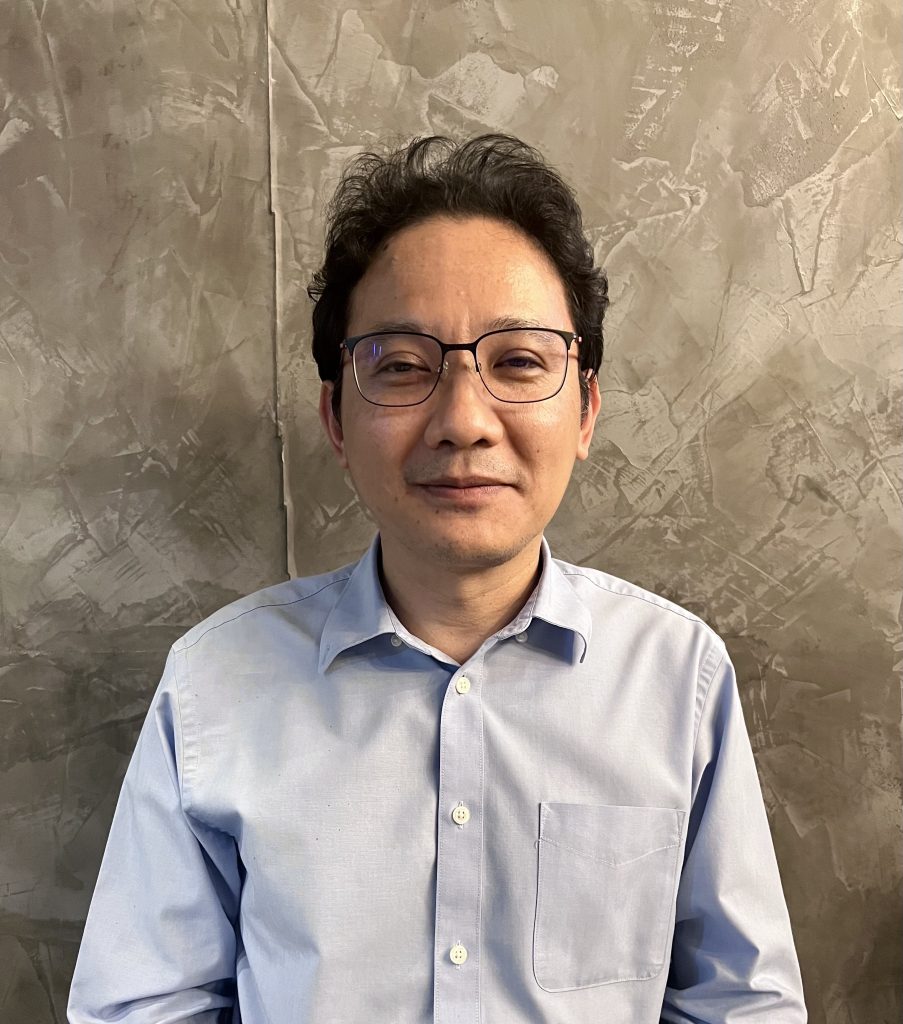

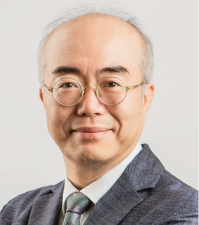
Session Title: ECTI-ICROS Organized Session in Control Systems and Applications
Session Organizers: Assist. Prof. Dr. Napasool Wongvanich, KMITL
Prof. Dr. PooGyeon Park, Pohang University of Science and Technology, Korea
Description: This OS is coorganized by ECTI Association, Thailand and ICROS, Korea. The OS aims to be a venue for collaborative exchange and strengthened research community. The topics of this OS is focused on the advances in estimation theory, filtering, prediction, forecast, as well as control designs of dynamical systems and applications including power systems, communication network, energy management systems, air-conditioning systems.
Session Title: Immersive Experience and Collaboration: Metaverse and Cross Reality (XR) in Digital Transformation (DX)
Session Organizers: Prof. Dr. Mitsunori Makino, Chuo University, Japan
Assoc. Prof. Dr. Halim Budi Santoso, Duta Wacana Christian University, Indonesia
Link to the Session Poster
Description: Digital transformation has been crucial for company and industry development in recent decades, involving ecosystem actors or stakeholders to adopt emerging technologies to improve productivity and cost e6iciency (Dabrowska et al., 2022). We must pay attention to the role of emerging technology adopters and features that can alter current behavior and undergo iterative and continual refinement, better suiting a particular environment or business. One of the emerging technologies that can reshape how people do business is immersive technology, such as Virtual Reality (VR), Augmented Reality (AR), and Mixed Reality (MR). User immersive experiences can be enhanced by utilizing digital multisensory stimuli that can be augmented separately (Santoso et al., 2022).
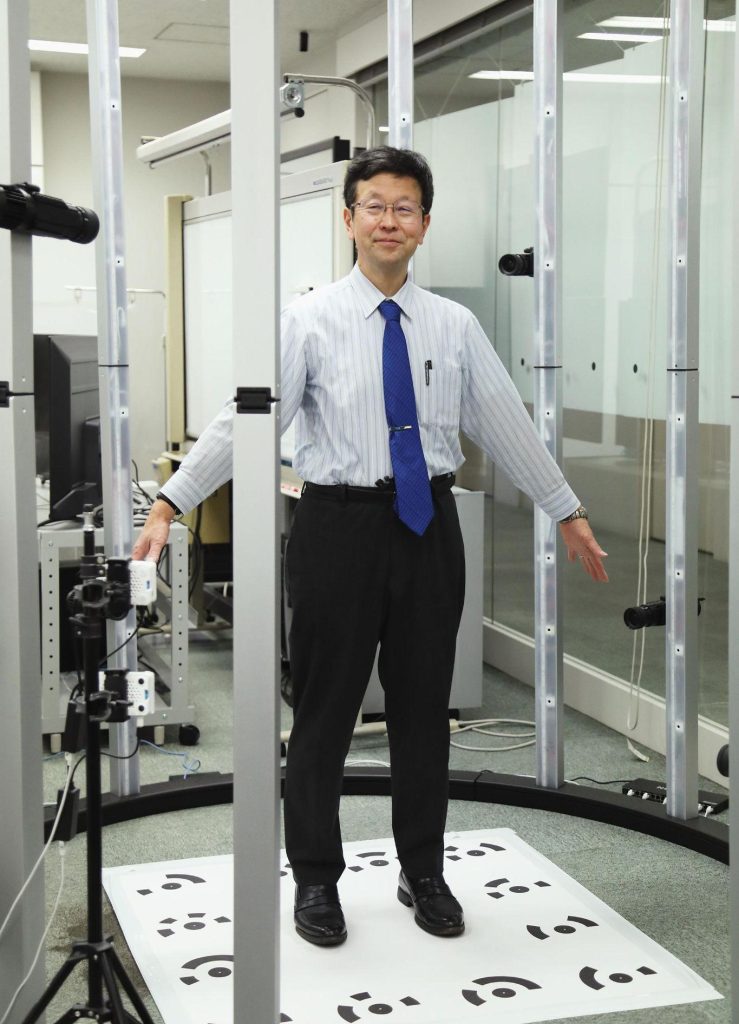
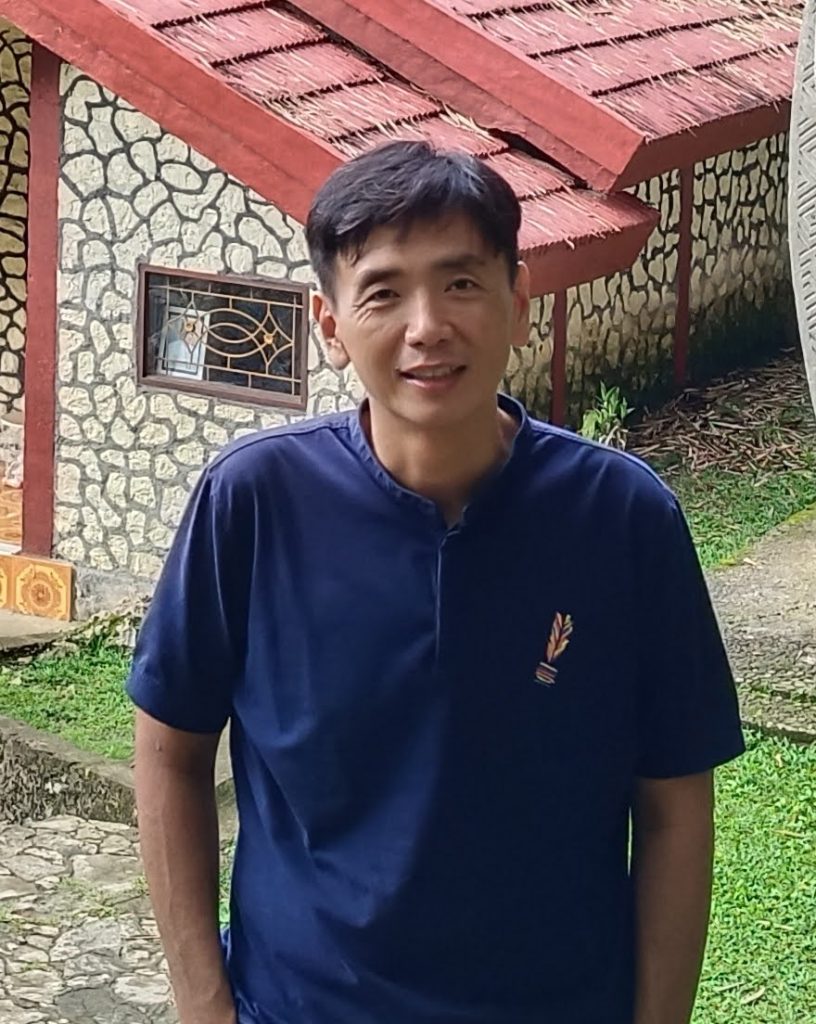
The business landscape and servicescape (Bitner, 1992), as the primary interaction points between customers and businesses or service providers, have undergone a profound transformation due to the adoption of immersive technology. The physical environment encompasses all tangible elements, including layout, design, ambiance, decoration, signage, colors, lighting, temperature, and sounds. On the other hand, the use of immersive technology for museum experience is related to customer engagement (Resta et al., 2021). Some elements can be considered in the virtual environment, such as avatars, non-player characters (NPC), interactivity, and usability factors (Baroroh et al., 2023; Noisri et al., 2024). In the long run, immersive technology can also influence community resilience during the crisis by providing distance learning, training, and experience. It is expected to support the achievement of Sustainable Development Goals (SDGs)
As the boundaries of digital transformation expand, immersive technology has also reshaped the retail business. For instance, Zhang et al. (2024) have highlighted the role of Virtual Reality to reduce the negative effect of product knowledge on shopping behavior. Hence, VR can restructure customer shopping orientation. Through this ECTI-CON 2025 special session, entitled Immersive Experience and Collaboration: Metaverse and Cross Reality (XR) in Digital Transformation (DX), we would like to invite researchers, practitioners, and industry experts to explore the synergies between the technology domain and the effect of Metaverse on transforming customer experiences and transforming the current industrial practices. By integrating digital transformation strategies with immersive experiences, we aim to investigate the potential for new applications, business models, and societal impacts of immersive technologies across diverse fields.
Topics in this special session will address a range of themes, including the transformation of sectors like education, healthcare, and entertainment through immersive technologies and the infrastructure and design considerations vital for metaverse environments. We also welcome contributions on critical issues such as data privacy, digital ethics, and the environmental sustainability of virtual ecosystems. Contributors can submit their original research, case studies, or thought-provoking conceptual work and join us in shaping a dialogue that will help guide immersive technology’s ethical and technological evolution as a transformative tool for digital engagement and innovation.
